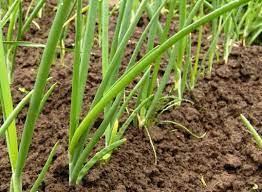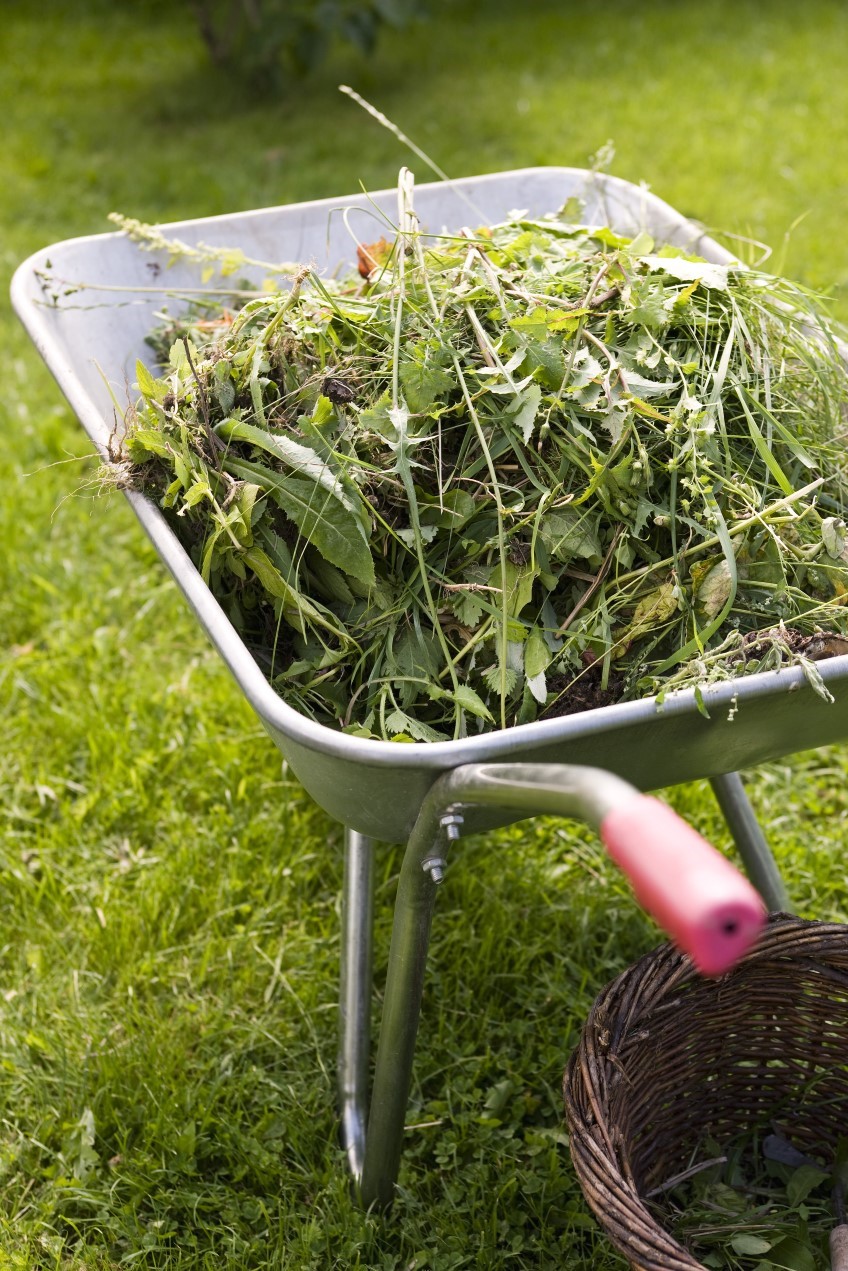EFFECTIVE WEED MANAGEMENT IN ONION PRODUCTION.

Are you in need of in-depth knowledge on onion and garlic production? If yes, we are a call away. Our service chatter includes: Onion seedlings, Garlic seedlings, Farm planning services, Soil testing, Drip irrigation installation and maintenance, Agronomic support, Onion and Garlic value pack and Farm management. For free consultation, placing orders or booking a visit with an agronomist, please contact us via Call or what’s app +254703982228, Email: Info@oniondoctor.co.ke.
Controlling weed development during the onion crop cycle is essential to obtain high yields and marketable products. Onions do not compete well with weeds: they are slow growing and can suffer from successive flushes of weeds; they have narrow upright leaves which do not shade out weeds that emerge in the rows. For most crops it is often possible to choose between mechanical or chemical control. But with onions, the plant and crop characteristics make mechanical solutions difficult to use after planting:
In organic systems, mulches (such as straw, cardboard, etc.) can provide good weed control in and between rows if applied in a thick mat before weeds emerge. There are also approved organic herbicides that can assist in weed management in these operations. These organic herbicides are primarily contact herbicides and must be applied to the green tissue of the weeds. Care must be taken when using these contact herbicides that the chemical does not get on the onion seedlings. Most organic herbicides have limited residual activity so weed control involves a combination of approaches like tillage, hoeing, and mulches, in addition to the herbicides.
Onion Doctor offers trainings on how to manage weed and how to control them for a competitive cost. Don't be left behind.
Weed population in onion crops
Since onion crops are not competitive against weeds, many species (grass or broad leaf, annual or perennial) may grow in your parcels. The composition of each weed population is highly variable; it depends on many factors such as soil type, crop rotation, sowing and growing period etc.
Preemergence control
WEMBE 200 SL:
Is a non-selective Post emergence herbicide which controls Annual and perennial grasses and broad leaved weeds. By applying WEMBE 200 SL during land preparation, you can effectively clear the area of unwanted weeds, even those that are particularly resilient or challenging to control.
Management & Control
In order to have high and quality yields, proper management is required. Most commonly used methods include:
This method involves the use of herbicides. Its advantageous because of the following:
Herbicides recommended for controlling onion weeds:
Onion Doctor supports small holder farmers across Africa with quality and affordable Onion and Garlic seedlings, Onion seedlings, Farm planning services, Soil testing, Drip irrigation installation and maintenance, Agronomic support, Onion and Garlic value pack, Farm management, E-extension and on-farm training for farmers to optimize on yields and get maximum profits.

